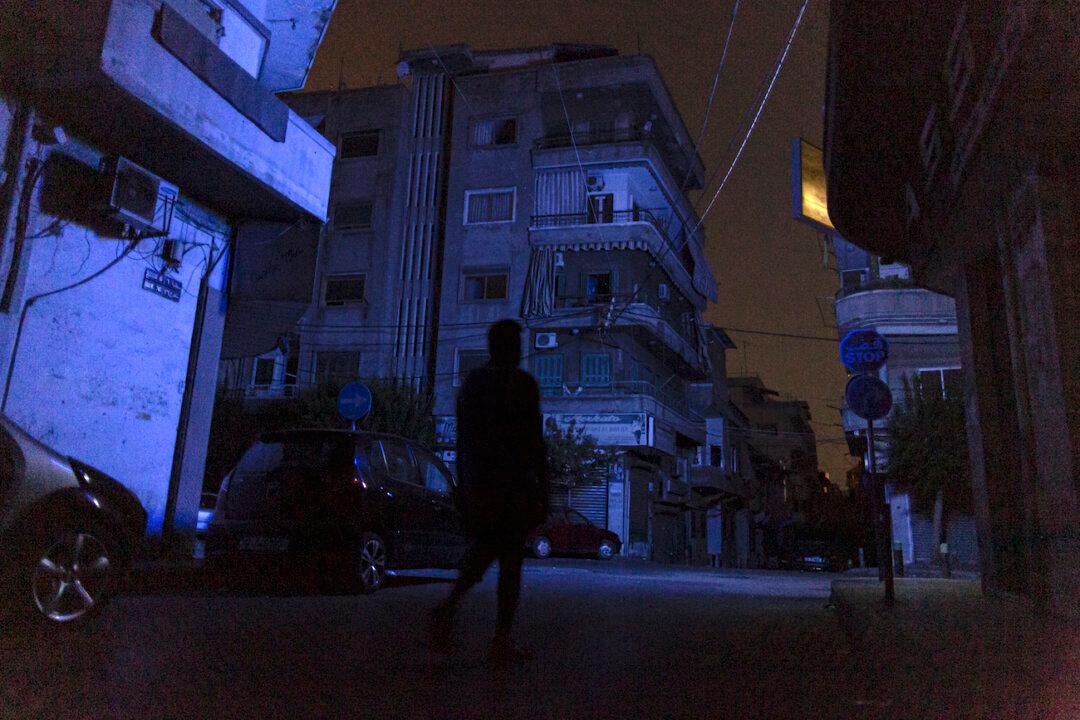Lebanon’s two main power plants were forced to shut down after running out of fuel, plunging the country into darkness on Saturday.
Lebanon, with a population of 6.8 million, is grappling with a crippling energy crisis made worse by its dependency on fuel imports.





